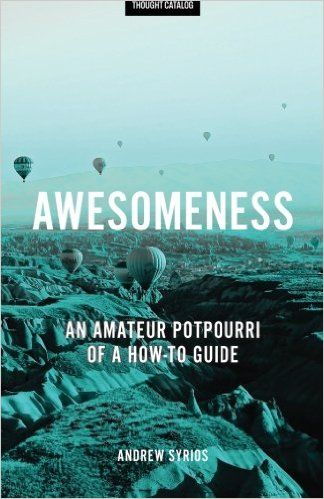|
This was a response I gave on Facebook (see here) to the argument that Trump's milquetoast Executive Order on social media censorship was "increasing regulations," and doing so "on free speech." And further, that private businesses "should do whatever the hell they want, so long as they aren't discriminating against a protected class. Private business owners have a responsibility to their customers and shareholders -- not the government."
Yeah, I wasn't impressed. I have to disagree. After all, having "protected classes" in the first place is "socialism" by this definition. So would prohibiting the sale of heroin to 10 year-olds. And while I have criticisms of civil rights law and lots of criticism of the War on Drugs, those are still major government restrictions on private business. I think this line of thinking fails with the tech companies for a few reasons: 1) The above, such regulation is not out of the ordinary given other regulations. 2) Twitter, FB, etc. are close to monopolies and these handful of tech companies based mostly in Silicon Valley dominate traffic. Given network effects and economies of scale, this is unlikely to change soon (plus many startups competing with them have had payment processors cut them off). They are basically the public square and resemble something like a utility. (Good luck starting a competing power company in you city.) A utility company can be private, but it can't choose its customers. No utility company can turn off someone's gas or water because they are a dissident, hold unpopular opinions or like spreading conspiracy theories. 3) Many of these companies are only sort of private. Pretty much all have taken big subsidies from the government, some started from government grants (i.e. Google) and have big contracts with government agencies, particularly the intelligence agencies (like Amazon with the CIA). They are very much tied into the establishment and somehow I doubt they would have censored opinion pieces about "Iraq having WMD" back in 2002-2003 as "fake news" and "conspiracy theories." And 4) Section 230 of the Communications and Decency Act separates out platform from publisher. If they want to have an editorial policy (other than direct harrasment, illegal activity, etc.) then they need to lose the label of platform and be subject to all the same liability every publisher is subject to. Of course, the number of lawsuits that would come at them would be close to infinite and they would be bankrupted. So they exist in this grey area, allowed to censor and suppress certain types of dissent, unpopular opinions (or sometimes popular opinions) and bias things toward the woke but establishment left that's so popular in Silicon Valley, but do so while being protected as a platform. That's just corporate welfare. I could add a 5th too despite this post becoming obscenely long. Google in particular is becoming something close to the "government of the Internet" with enormous powers to sway elections and public opinion. Back in the 18th Century, the East India Company became the government of India until the Sepoy Rebellion. Yet I doubt anyone would say, they were a private company so no one should be telling them how to run their business. It's not a perfect analogy, but given Google gets 90% of search traffic, it's definitely worth pondering how much power we should let one company like that accumulate.
Comments
|
Andrew Syrios"Every day is a new life to the wise man." Archives
August 2018
Blog Roll
Bigger Pockets REI Club Tim Ferris Joe Rogan Adam Carolla MAREI Worcester Investments Entrepreneur The Righteous Mind Star Slate Codex Mises Institute Tom Woods Consulting by RPM Swift Economics Categories |
 RSS Feed
RSS Feed


